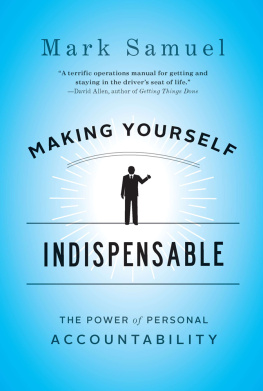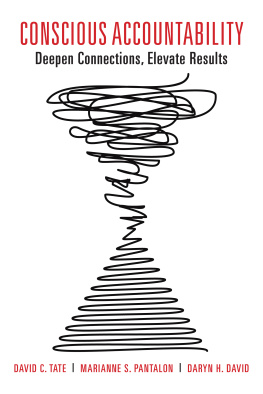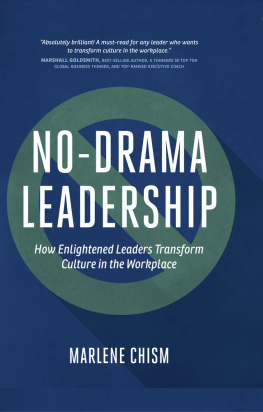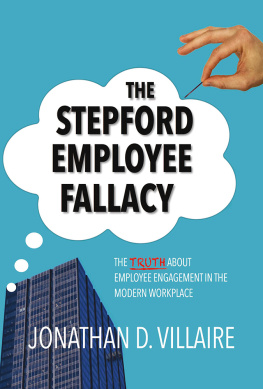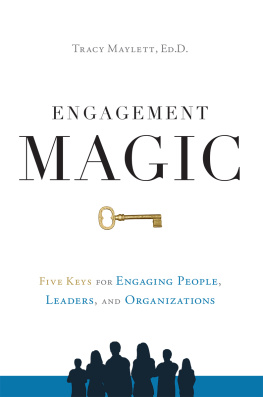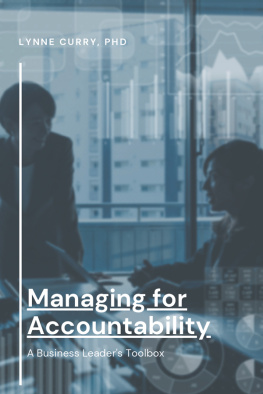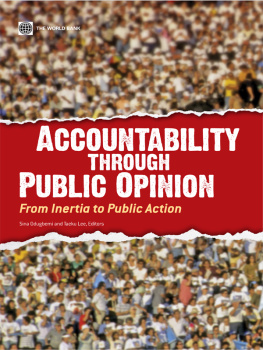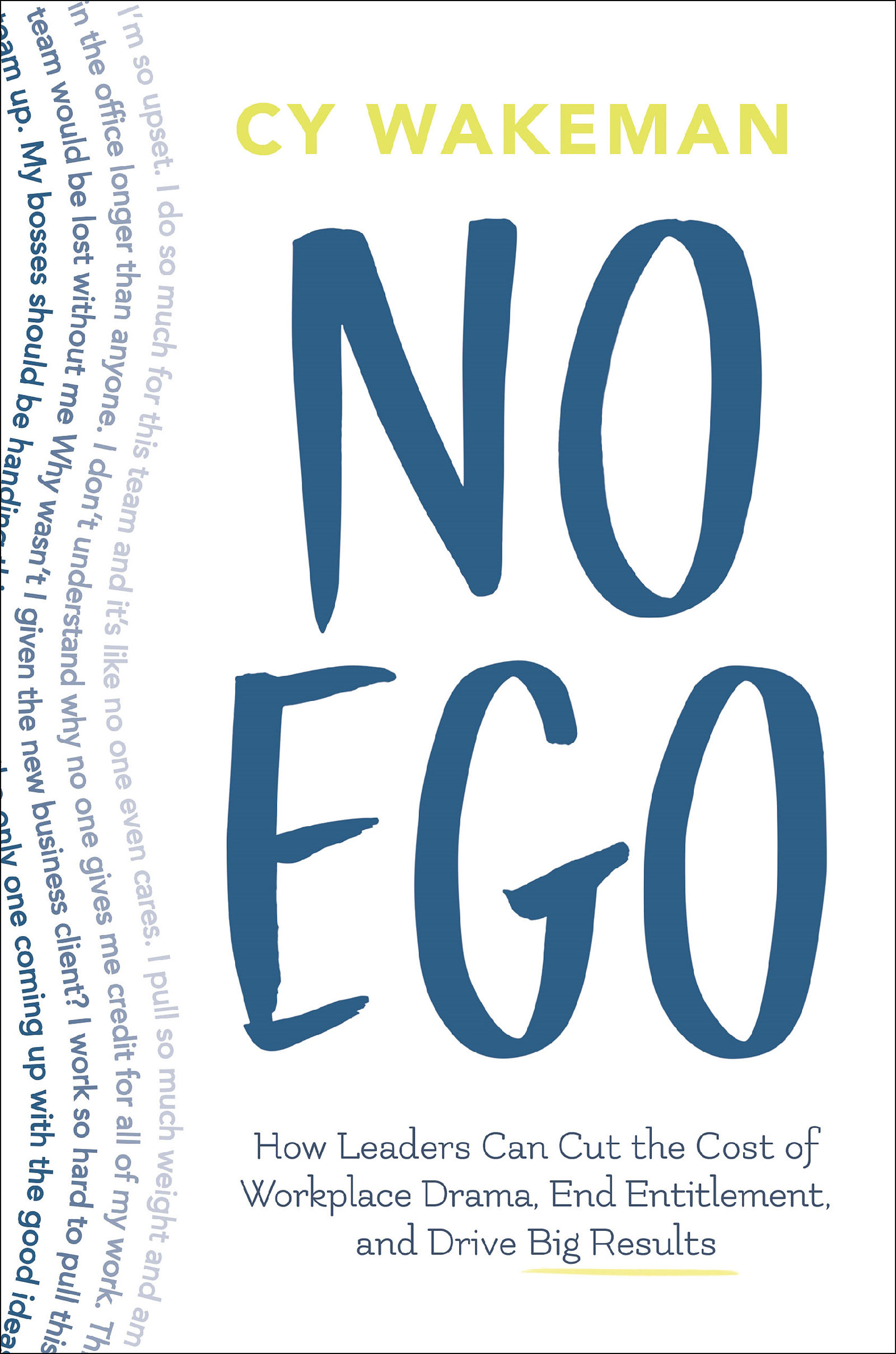Contents
Guide
Pagebreaks of the print version

The author and publisher have provided this e-book to you for your personal use only. You may not make this e-book publicly available in any way. Copyright infringement is against the law. If you believe the copy of this e-book you are reading infringes on the authors copyright, please notify the publisher at: us.macmillanusa.com/piracy.
I dedicate this book to all those who have shared the field beyond Ego with me.
Richard, your unconditional love has shown me what life beyond Ego holds, and it is stunningly beautiful.
Cathy, my soul sister, who has traveled the journey back to No Ego with me many times, resulting in incredible joy.
The Reality-Based Dream TeamAna, Alex, Sara, Ellie, and Kelli. You are daily proof that a No Ego workplace is not only possible, but truly the path by which we really can have it all at workhappiness AND success. By practicing what we preach on the daily, you have delivered results beyond even my wildest dreams!
Out beyond ideas of wrongdoing and rightdoing,
there is a field. Ill meet you there.
When the soul lies down in that grass,
the world is too full to talk about.
Ideas, language, even the phrase each other doesnt make any sense.
MEVLANA JALALUDDIN RUMI, 13TH CENTURY
My entry into Reality-Based Leadership started with the Open-Door Policy.
After several years as a family therapist, I got a promotion in my organization. For the first time, I would be leading a team, which got me a free ticket to the Human Resources boot camp for managers. Designed to prepare me for my new organizational role, it was a crash course in the current conventional wisdom around leadership.
One particularly juicy leadership gem, delivered to me by trainers with all the confidence in the world, was that a great leader always has an open door.
An open door? That was easy. Not only was I going to have an Open-Door Policy, I was going to ace it! I hustled down to the gift shop at the health center where I worked and bought a doorstop to make a visible and decorative point: Id have the most outstanding open door in the organization.
The Open-Door Policy did exactly what it was supposed to do. Soon team members began popping their heads into my open door.
Do you have a minute? they asked.
Sure, I have two! Id reply. Come on in.
It didnt take long to realize that these people were liars. Theyd ask for a minute or two, but they stayed planted in my office for an average of 45 minutes.
Now, if they had really needed meto talk through a critical decision for serving the business or to help them develop or hone skillsthe time investment would have had a satisfying payoff. But people werent coming to me for that.
People came in to tattle on others. They wanted to tell me stories about things that had happened only in their heads. Or theyd vent about circumstances that couldnt be changed (what I call reality). Theyd use our time to spin fantasies about a dismal or doomed future. Frequently, it was a combination of these things. I spent the majority of these impromptu Got a minute? meetings listening to elaborate narratives that had almost no basis in reality.
The kicker? At the end of the meeting, they would say to me, with a straight face: Please dont do anything about this. I just wanted you to be aware.
As I witnessed the economic effect of this Open-Door Policy in action, it made no sense to me. Where was the return on the investment I had made in that doorstop? Can you imagine what would happen if I went to the CEO and said, I plan to spend 10 hours a day in a series of 45-minute one-on-one meetings talking about stuff that doesnt add one whit of value to the company. And Im going to expense the doorstop? Id soon be opening the door to the unemployment office.
The HR wisdom that had been drilled into me said having an open door was the right thing to do. It was touted as a best practice that would lead to happy, engaged employees. We had been instructed that we should allow employees to vent, because venting is healthy.
During my time as an Open-Door Policy devotee, I dont recall team members ever tattling on themselves. They werent coming to me and saying You know, I am really having trouble aligning my actions and decision making with the strategy of this business. Id like to become more effective at serving our customers. Can you help me develop my skills and work processes so I can meet company goals, add value to the team, and better contribute to return on investment?
No one came through my open door to directly ask for coaching on handling sticky issues in a more effective, productive, and efficient way. In fact, they drove their BMWS (bitching, moaning, and whining) through the open door and parked with their engines idling, wasting fuel and polluting the atmosphere. Then they demanded that I withhold the kind of direction and assistance that would help them get where we needed to go.
I realized pretty quickly that the open door was a portal for drama. It catered to ego, fueled feelings of victimhood, and contributed to low morale. Worse, it cost the company a lot of money. We had been hired for the value we could contribute to the important work we did, not for the ego-based, drama-filled stories we could concoct. I knew my time would be better invested in helping people reflect, increase their self-awareness, and look at situations from a higher level of consciousness.
After this proverbial aha! moment, I abandoned the Open-Door Policy. It was one of my first acts of Reality-Based Leadership. I didnt shut the door on my team members, exactly, but I began changing the conversation when they asked for a minute. Instead of passively listening or directing, I began asking questions:
What do you know for sure?
What is your part in this?
What are your ideas for resolving this issue?
What are you doing to help?
When they came to me with narratives about the problems they encountered, I gave them a mental process that forced them to deconstruct their stories and move into action. The process shifted their thinking to a focus on the facts. And it asked them to outline proposed solutions or helpful actions that would positively affect the situation.
A core philosophy of Reality-Based Leadership is Stop Judging, Start Helping. My employees always had one question on the back of their badges: How can I help? Whenever they came to me to tattle, I encouraged them to go directly to the person they were judging and ask How can I help? instead. Asking this simple, sincere question would lead to instant teamwork.
Conventional Wisdom Fail
The Open-Door Policy failure got me thinking more about the conventional wisdom that had been dispensed in my leadership training. What if what we had been taught in HRs leadership boot camps was all wrong? Based on the results we were getting, the traditional leadership methods certainly didnt seem to be working.
I could see the damage being done when employees were what I came to label emotionally expensive. These were the folks who spent their time arguing with reality instead of confronting it directly. They contributed opinions instead of taking action. They judged others instead of offering help. They saw themselves as victims of cruel circumstances instead of recognizing that circumstances are the reality within which they must succeed.


